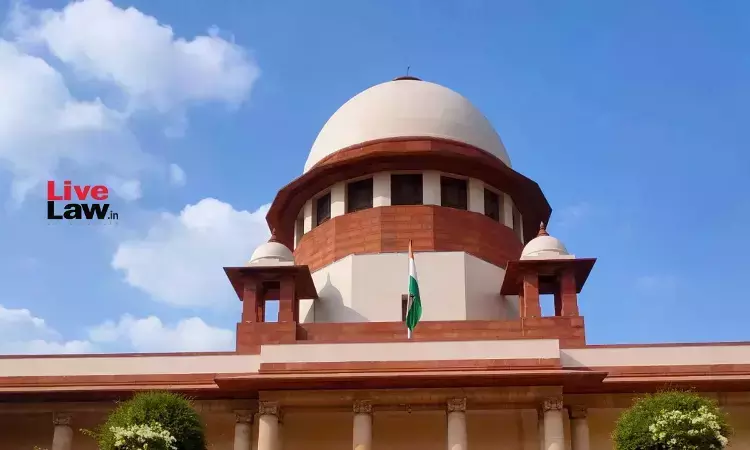In the context of insurance protection, the Supreme Court held that the policy issuance date would be the relevant date for all purposes.The issue before the Court was what would be the date from which the policy becomes effective; whether it would be the date on which the policy is issued or the date of the commencement mentioned in the policy, or it would be the date of the issuance of...

